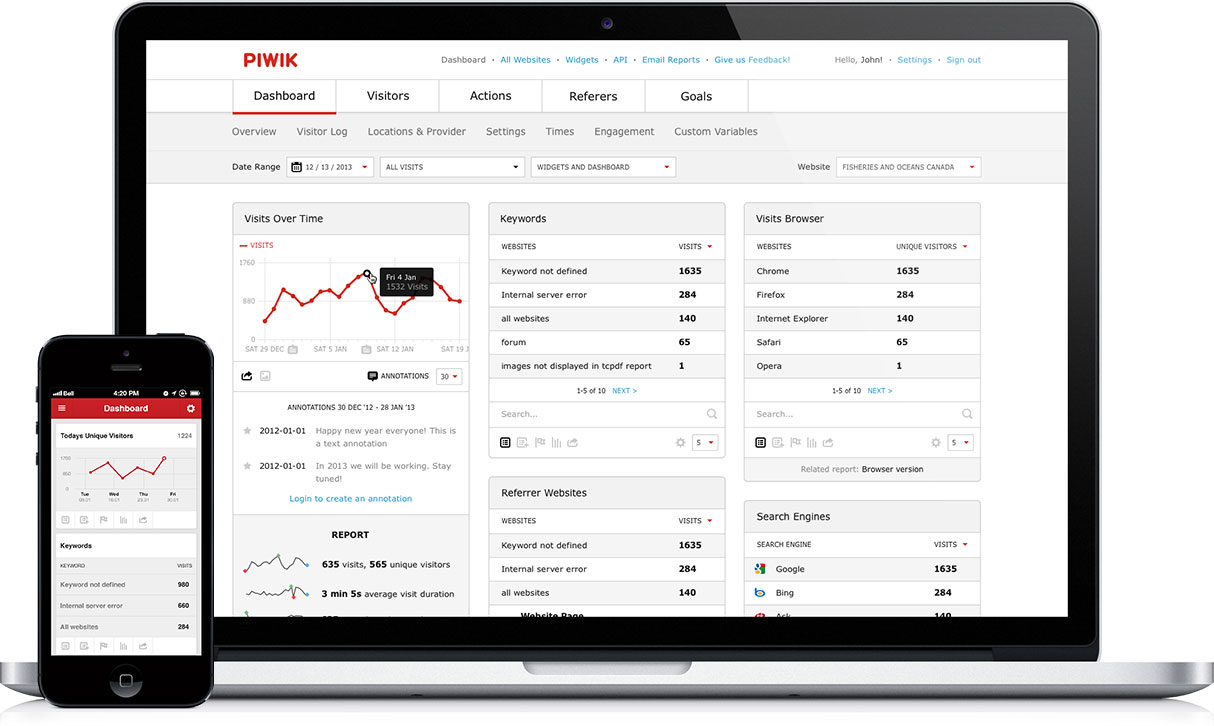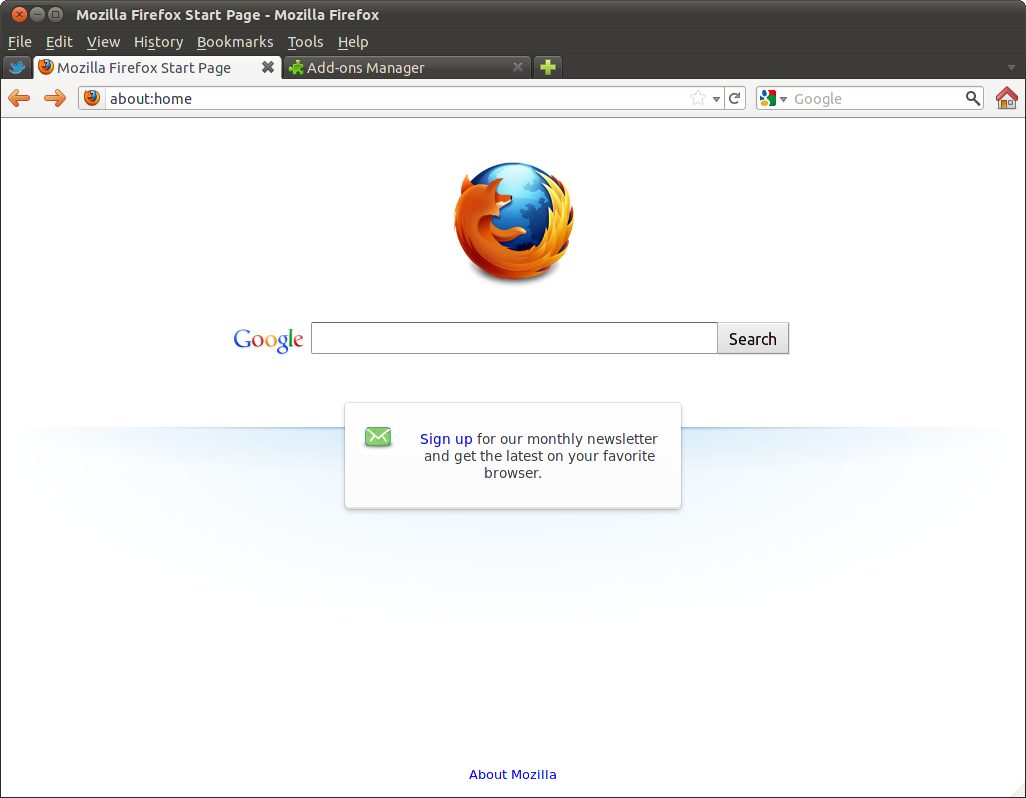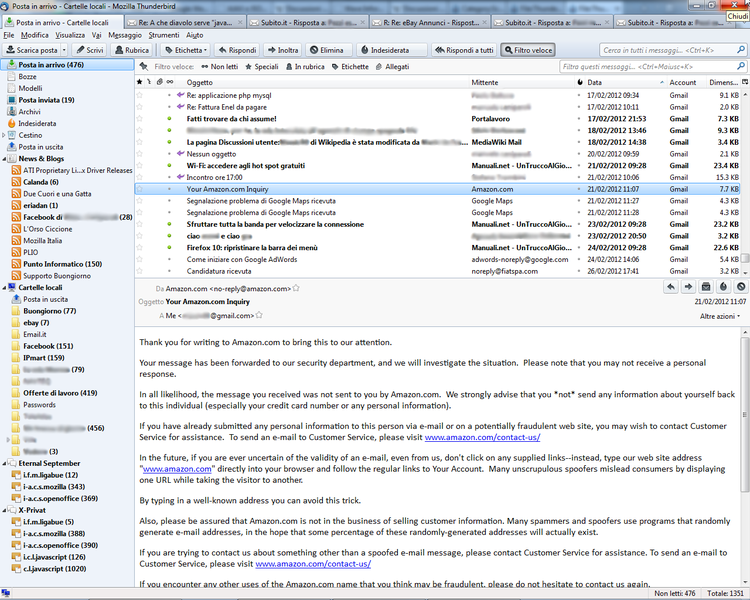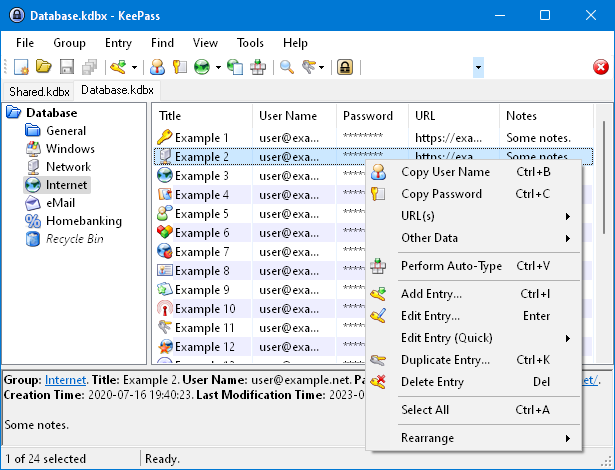Test Slideshow for Amna
Tiki Suite | |
|
Going beyond Tiki Wiki CMS Groupware
| |
Tiki Suite | |
| |
Intro | |
|
| |
Why the name? | |
| |
Tiki: The general idea | |
|
Software made the Wiki Way
| |
Tiki Wiki CMS Groupware | ||
| ||
Hundreds of built-in features | ||
| ||
But... | |
| |
Permissions & groups | |
| |
Wiki engine | |
| |
Tracker & form generator & reports | |
| |
Calendars | |
| |
Blog & news articles | |
| |
Spreadsheet | |
| |
Slideshow | |
| |
Discussion forums | |
| |
File & image galleries | |
| |
Drawings | |
| |
Screencapture and Screencast | |
| |
Multilingual | |
| |
How? | |
| |
The Tiki model | |
| |
Benefits & challenges | |
|
Offers benefits
But does bring challenges
| |
More about complexity and files | |
|
Tiki 12.2 ships with 14 803 Files (and 1 979 Folders)
So Tiki contains about 15k files and the FLOSS Web application with the most built-in features (by far) About half the code in Tiki is maintained by the Tiki community and the other half is re-using code from external libraries like Smarty, Zend Framework, jQuery, etc. Maintaining code from other projects is work. We need to keep it up to date, and upstream fixes and enhancements. But it's a lot less work than maintaining ourselves. We are counting on the experience, energy and expertise of a larger community. So say we maintain about 7 or 8k files. Sounds like quite a bit, but let's put this into perspective:
Yet, they have more extensions to maintain than we have files! (and since they can't possibly maintain them all, it leads to dead-end extensions and disappointed end-users). See: https://tiki.org/Coping+with+Complexity
| |
profiles.tiki.org | |
|
| |
How much is it "worth"? | |
| |
Power users | |
| |
Devs | |
| |
SysAdmin | |
| |
Mass deployments | |
| |
Why this evolution? | |
| |
Use case | ||
This represents millions of organizations | ||
Challenges of IT systems | |
| |
Zawinski's Law | |
| |
Intertwingularity | |
en.wikipedia.org/wiki/Intertwingularity
| |
Overlap & interoperability & the Trend to suites | |
| |
SaaS | |
| |
Second half of the Chessboard | |
|
The more features / systems there are, the more interoperability is desired / needed and the complexity increases faster and faster. How can we keep the complexity level on first half of chessboard? Also see:en.wikipedia.org/wiki/Combinatorial_explosion
en.wikipedia.org/wiki/Wheat_and_chessboard_problem#Second_half_of_the_chessboard
| |
The delicate balance | |
| |
Linux Kernel | |
|
"In later discussions Torvalds explained the reasons for its choice: a fully modular architecture, like the one adopted for HURD, would have posed problems to a degree of complexity that it could have compromised the accomplishment of the project. To avoid such risks and keep the degree of complexity of the project as low as possible, Torvalds decided to design a monolith and he actually wrote all the architectural specs himself, avoiding all the problems related to collective projects (e.g. division of labor, coordination, communication). On the other hand, the HURD micro–kernel, a project in direct competition with the Linux kernel, has paid for the choice of pursuing a fully modular approach from the beginning in terms of the continuous delays that have plagued its development. Nowadays, it is still under active development and still lacks the stability and performance assured by the Linux kernel." Source: Modular Design and the Development of Complex Artifacts:
| |
CMF approach | |
| |
Tiki NIH Syndrome? | ||
|
"Not Invented Here (NIH) is a term used to describe persistent social, corporate or institutional culture that avoids using or buying already existing products, research or knowledge because of their external origins. It is normally used in a pejorative sense, and may be considered an anti-pattern." Source: Wikipedia Half of the code in Tiki comes from other projects!
| ||
Tiki interoperability | |
| |
What is status of Tiki Suite? | |
| |
How to pick apps? | |
| |
Black Duck OpenHub | |
| |
ClearOS | ||
| ||
Roundcube | |
| |
Openfire Meetings | |
| |
FreeSWITCH | |
| |
Kaltura video platform | |
| |
Piwik | |
| |
Elasticsearch | |
| |
Client software | |
| |
Firefox | |
| |
Thunderbird | |
| |
Jitsi | |
|
Jitsi (previously SIP Communicator) is a cross-platform VOIP, videoconference, desktop sharing and chat client. Protocols supported include SIP, XMPP/Google Talk/Jabber/Facebook chat, AIM/ICQ, Windows Live, Yahoo! Messenger and Bonjour. Other features include: Call recording, Call & chat encryption, Noise suppression, Echo cancellation, File transfer, multi-user chat, Desktop streaming, Presence, Conference calls, Integration with Microsoft Outlook and Apple Address Book, Support for LDAP directories, Support for Google Contacts, On-line provisioning, Systray notifications, IPv6 support, Spell checker and many more. License: LGPL
Platforms: Windows, Mac, GNU/Linux, Android
| |
Syncthing | |
|
Syncthing replaces proprietary sync and cloud services with something open, trustworthy and decentralized. Your data is your data alone and you deserve to choose where it is stored, if it is shared with some third party and how it's transmitted over the Internet.
| |
KeePass | |
|
KeePass is a popular, full-featured FLOSS password manager. Beyond passwords, you can also attach files to password entries (ex.: PGP signature files, sensitive spreadsheets, contracts, etc.), which is immensely useful.
| |
LXDE and LXLE | |
| |
Mobile | |
| |
Roadmap | |
| |
How to participate | |
|
To participate, simply create an account on tiki.org and start participating. This site is a wiki. If you need/prefer to contact someone in private (ex.: media inquiry), please write to marclaporte at this domain name. You should also create an account and join Tiki Wiki CMS Groupware & Tiki Suite group on the ClearOS site
| |
Questions? | |
|
Tiki Suite: suite.tiki.org
| |












